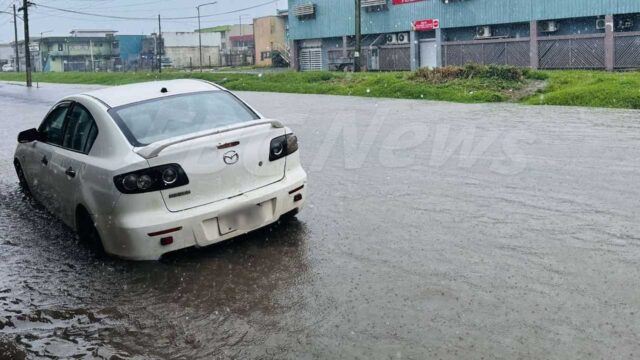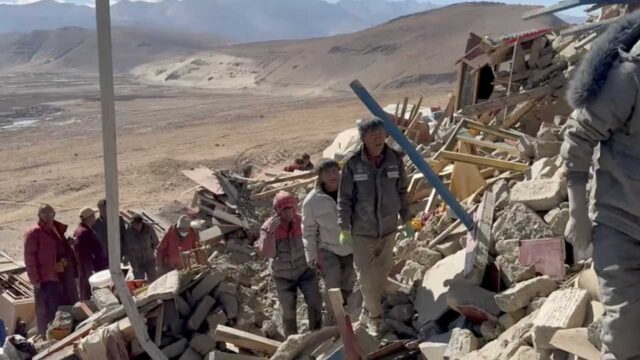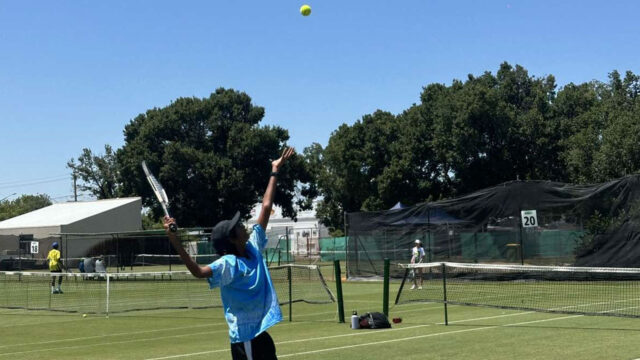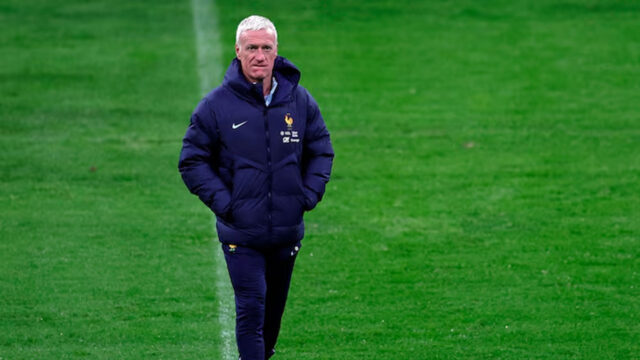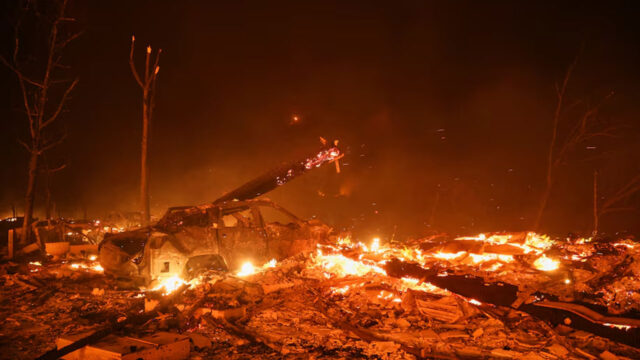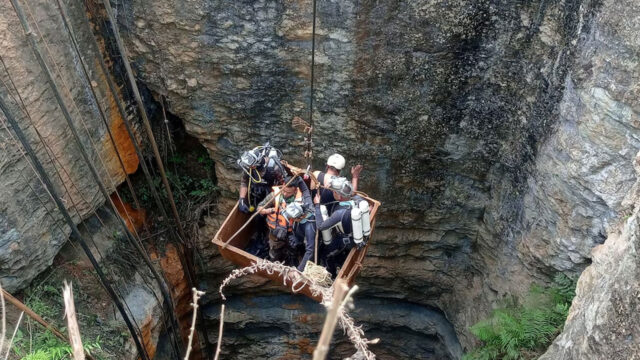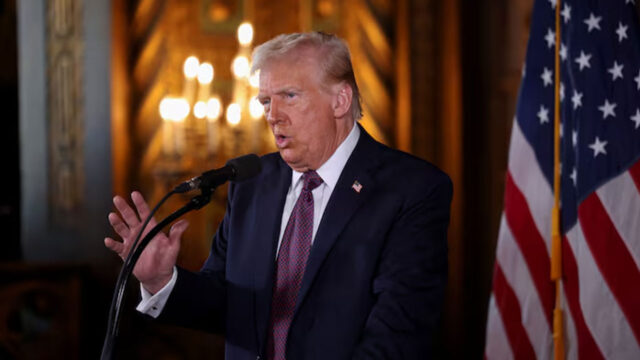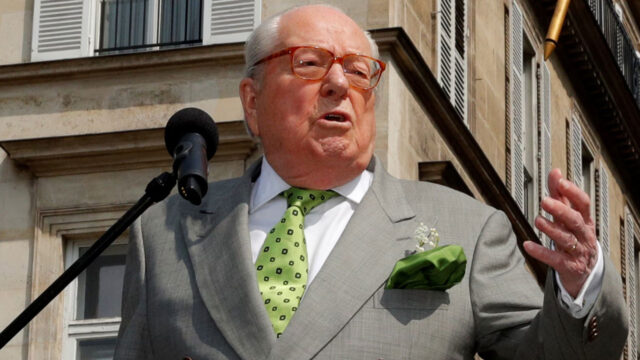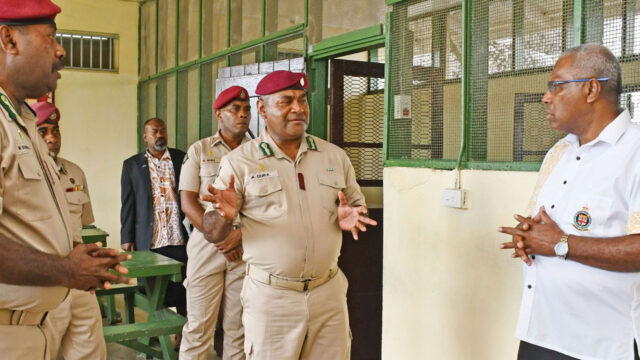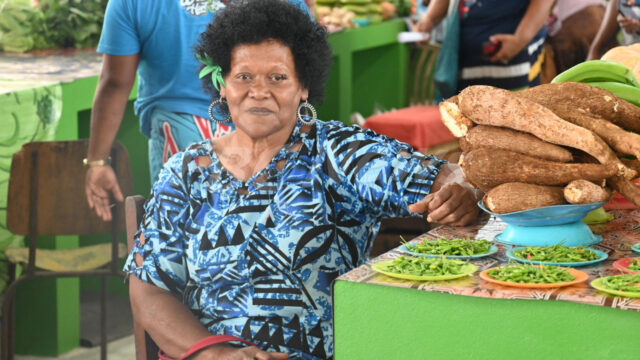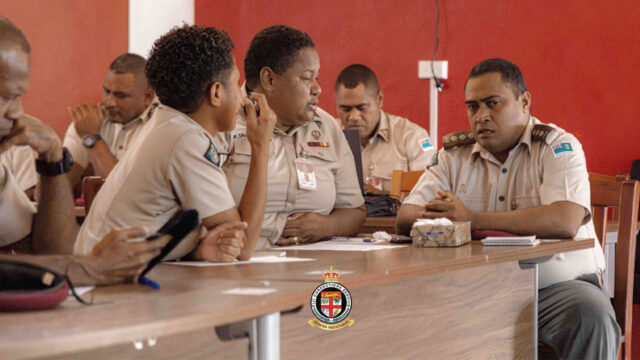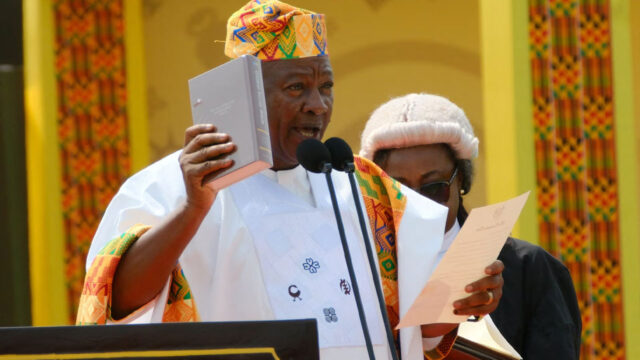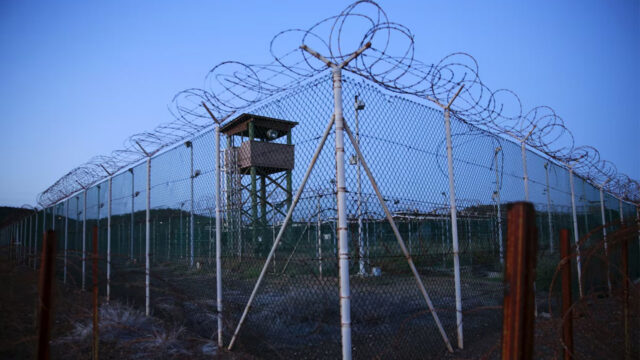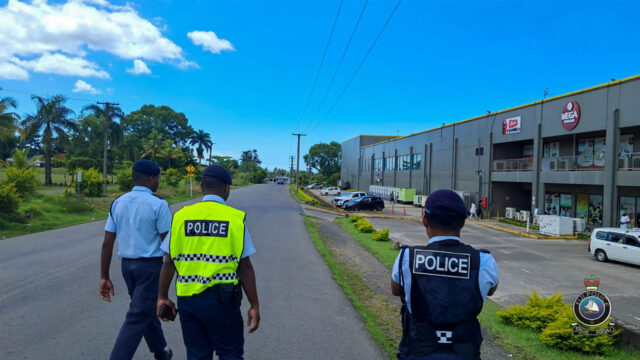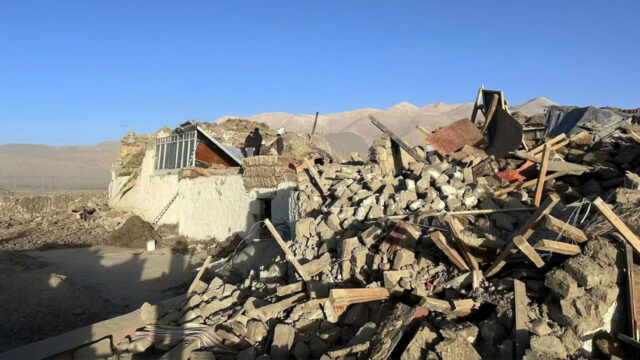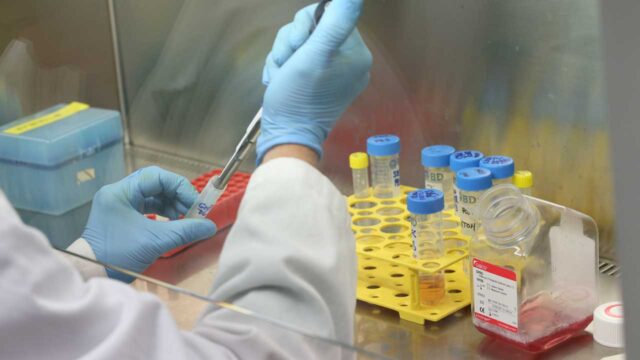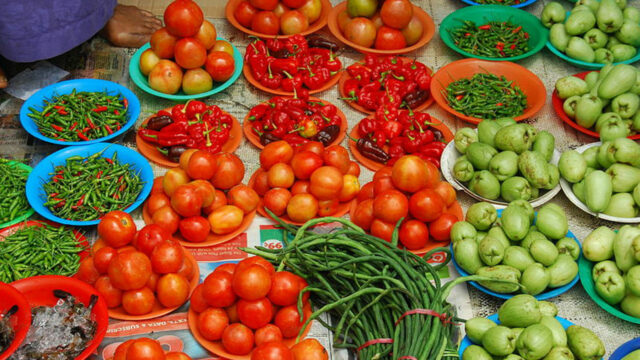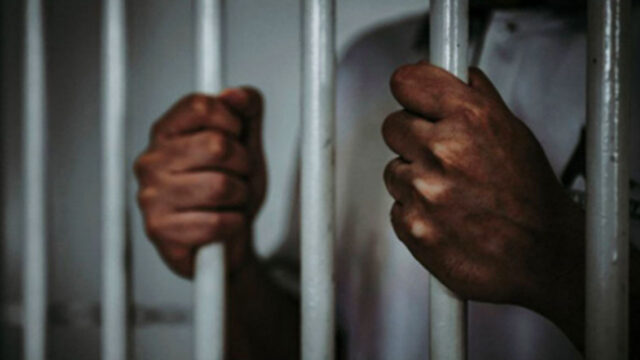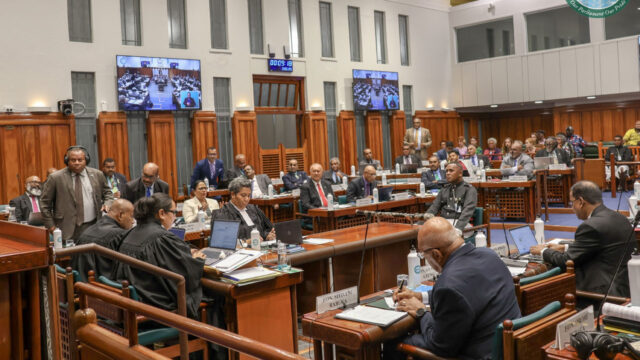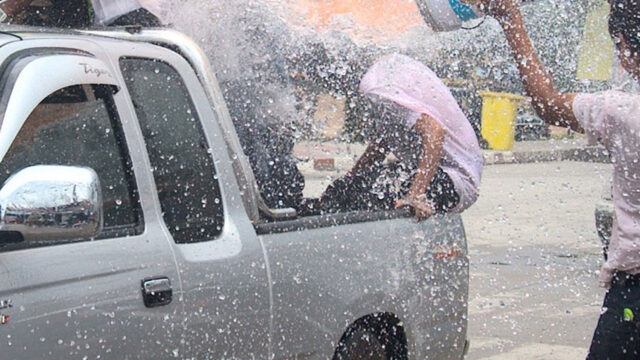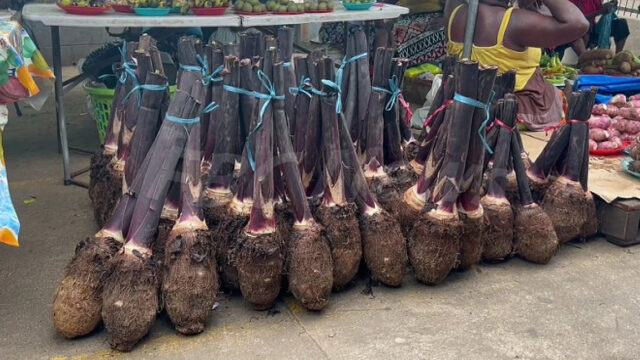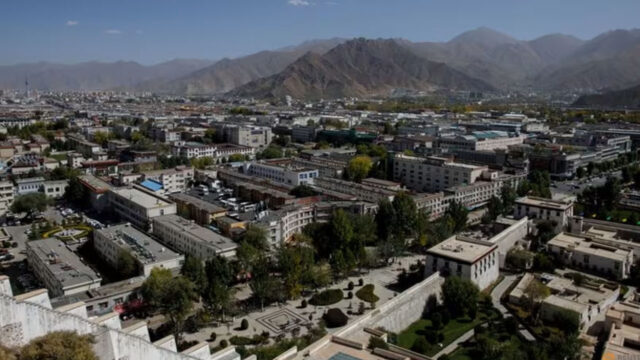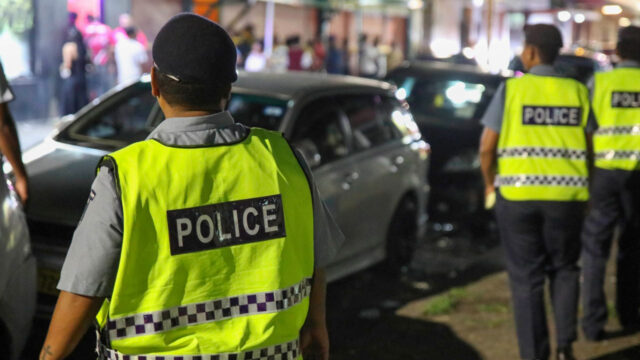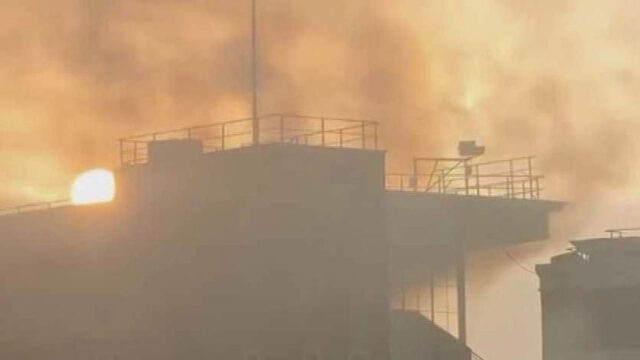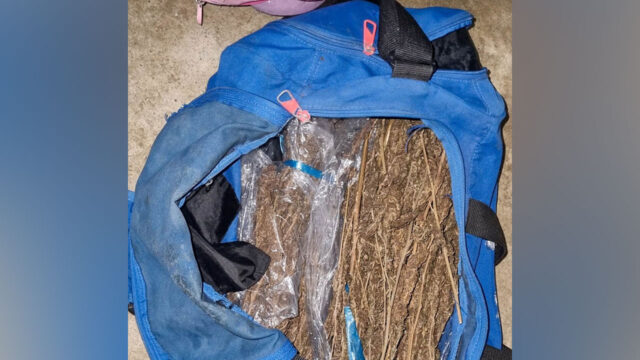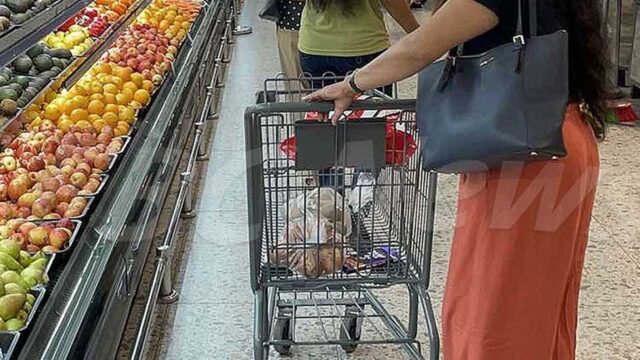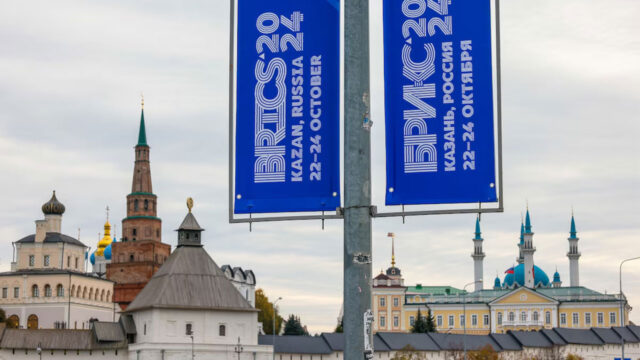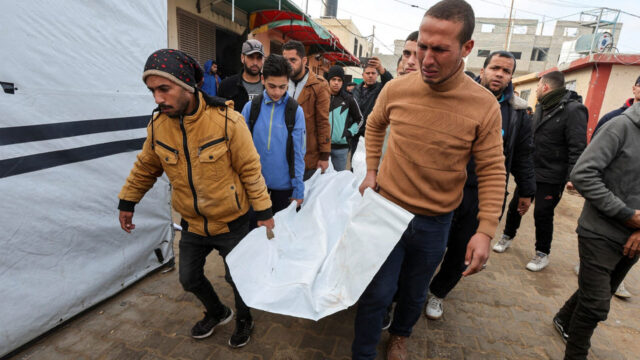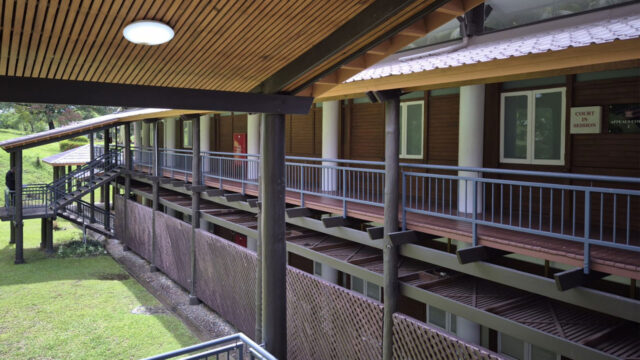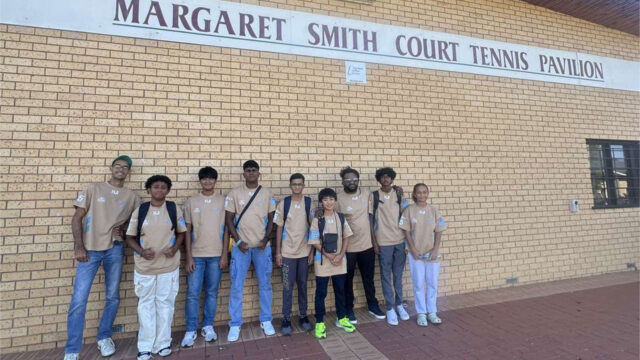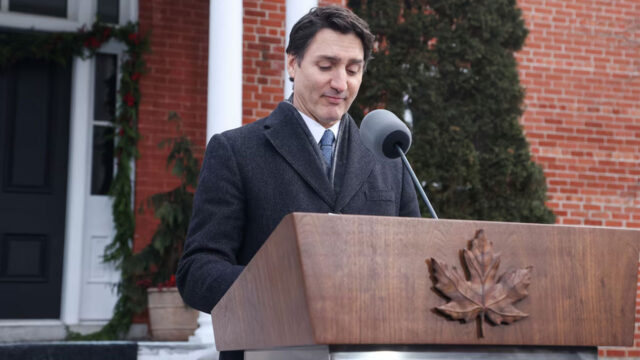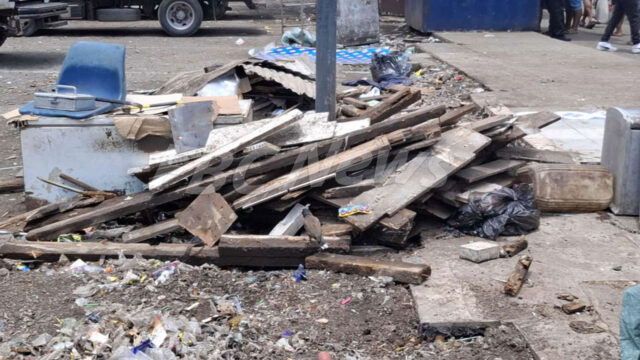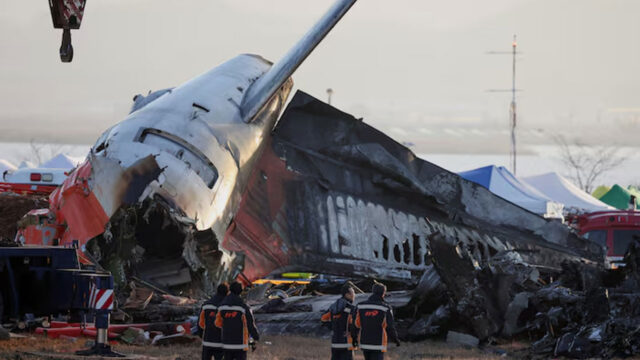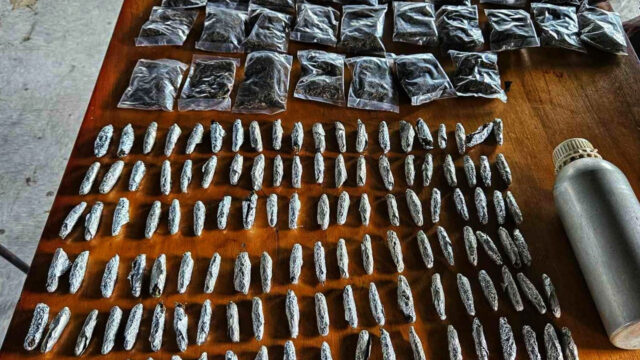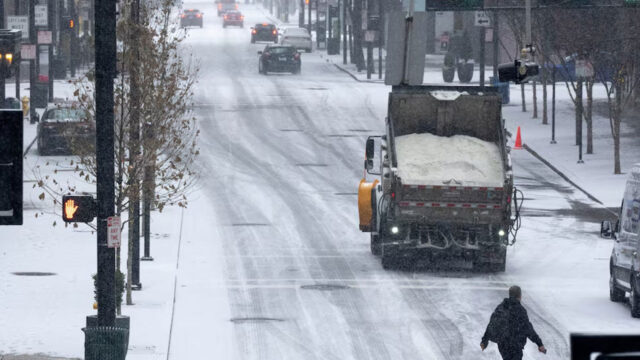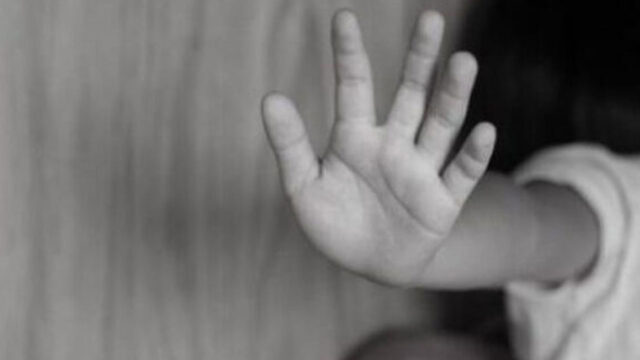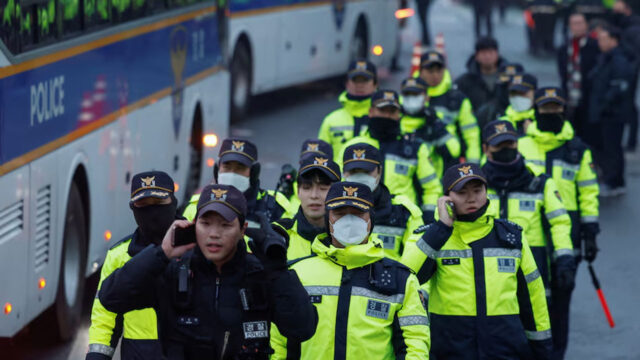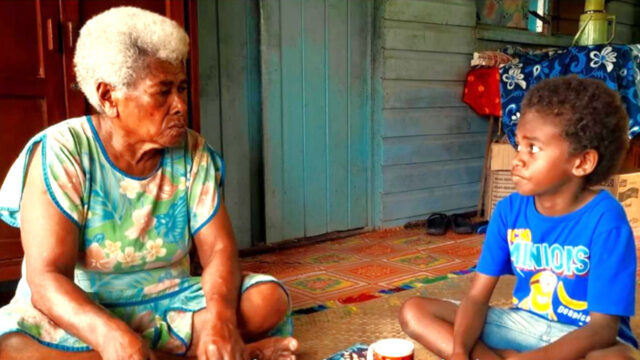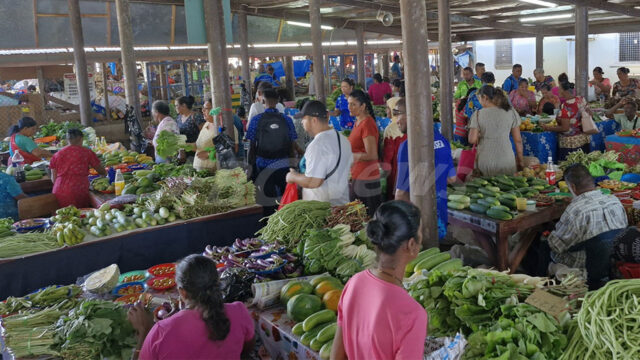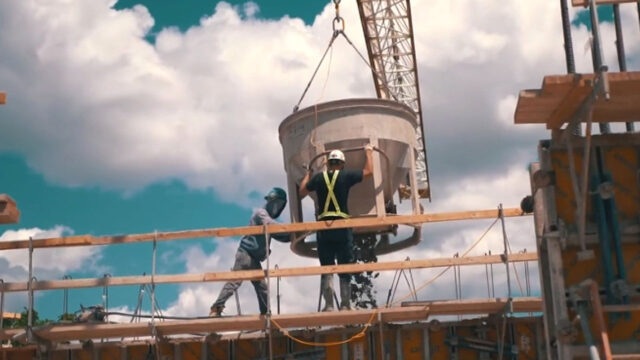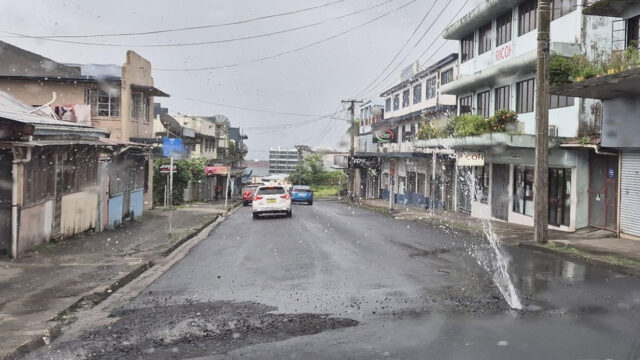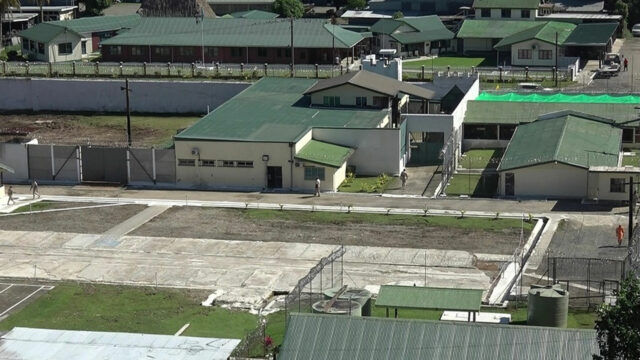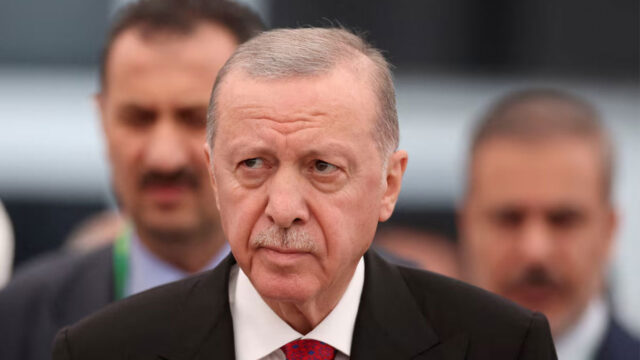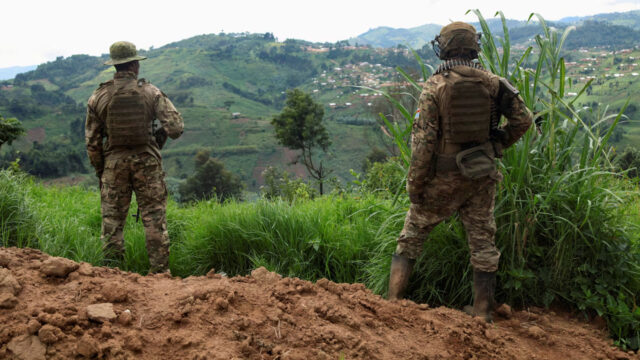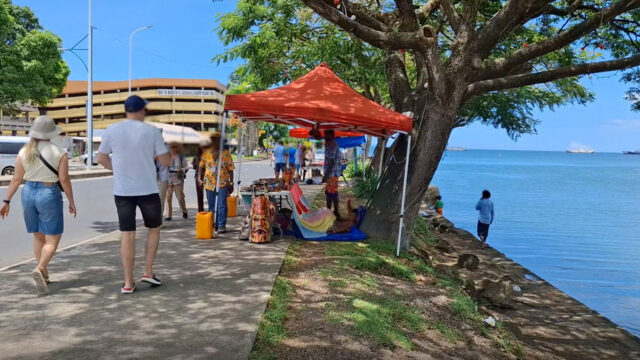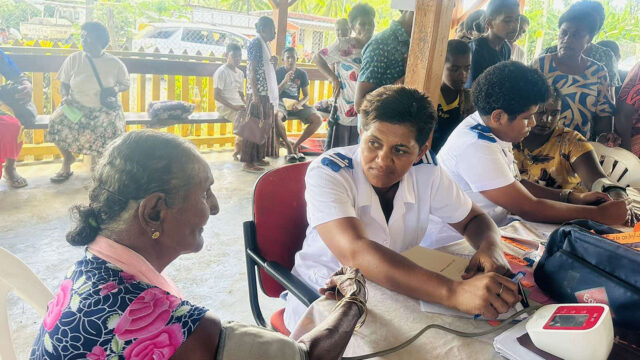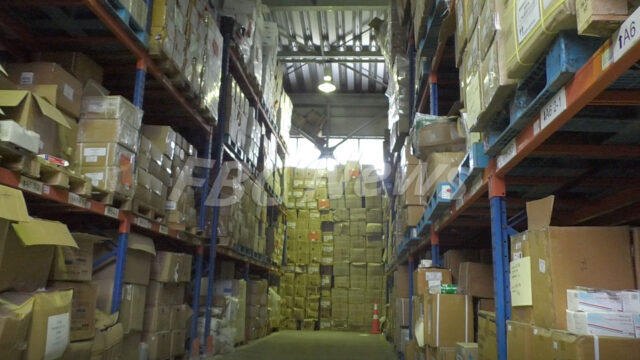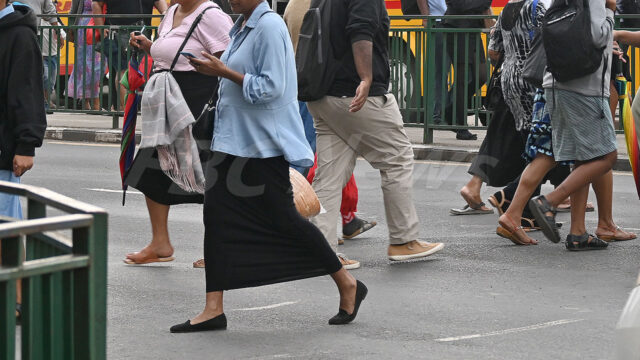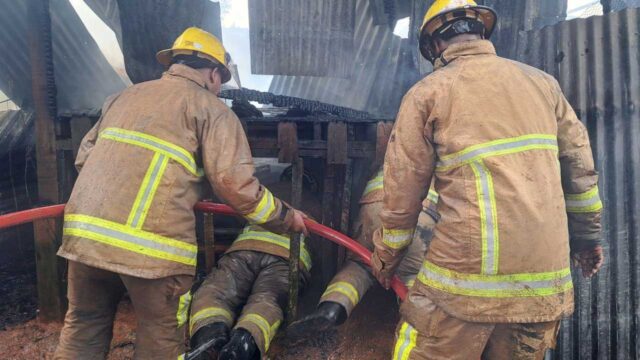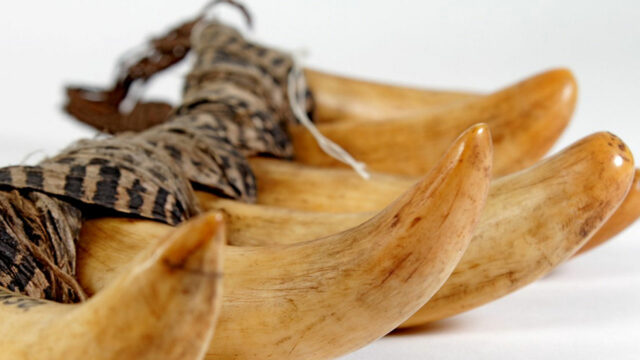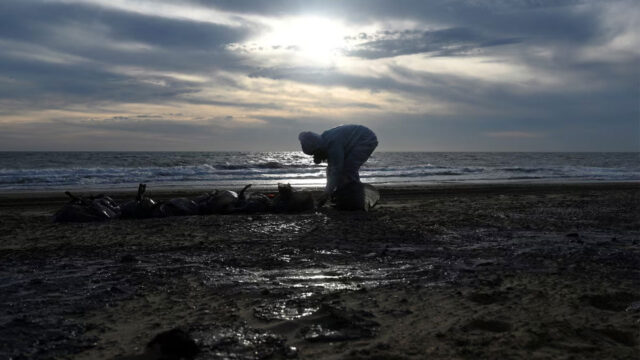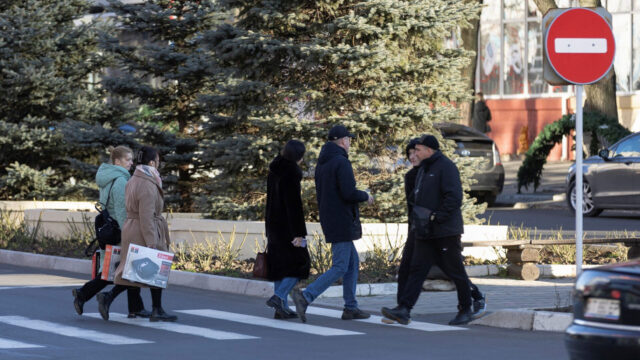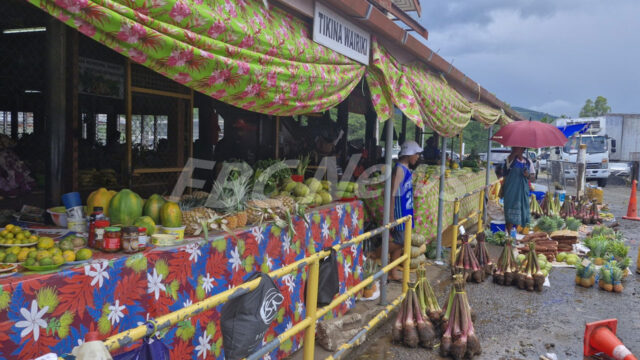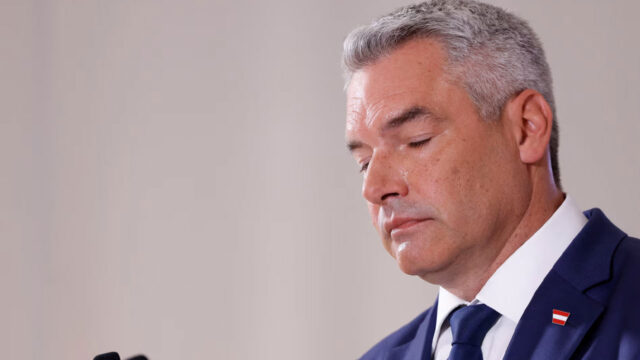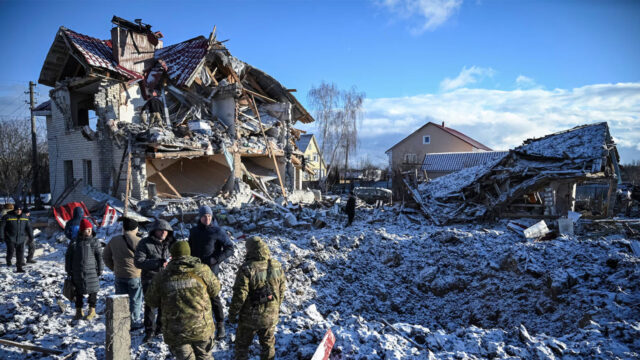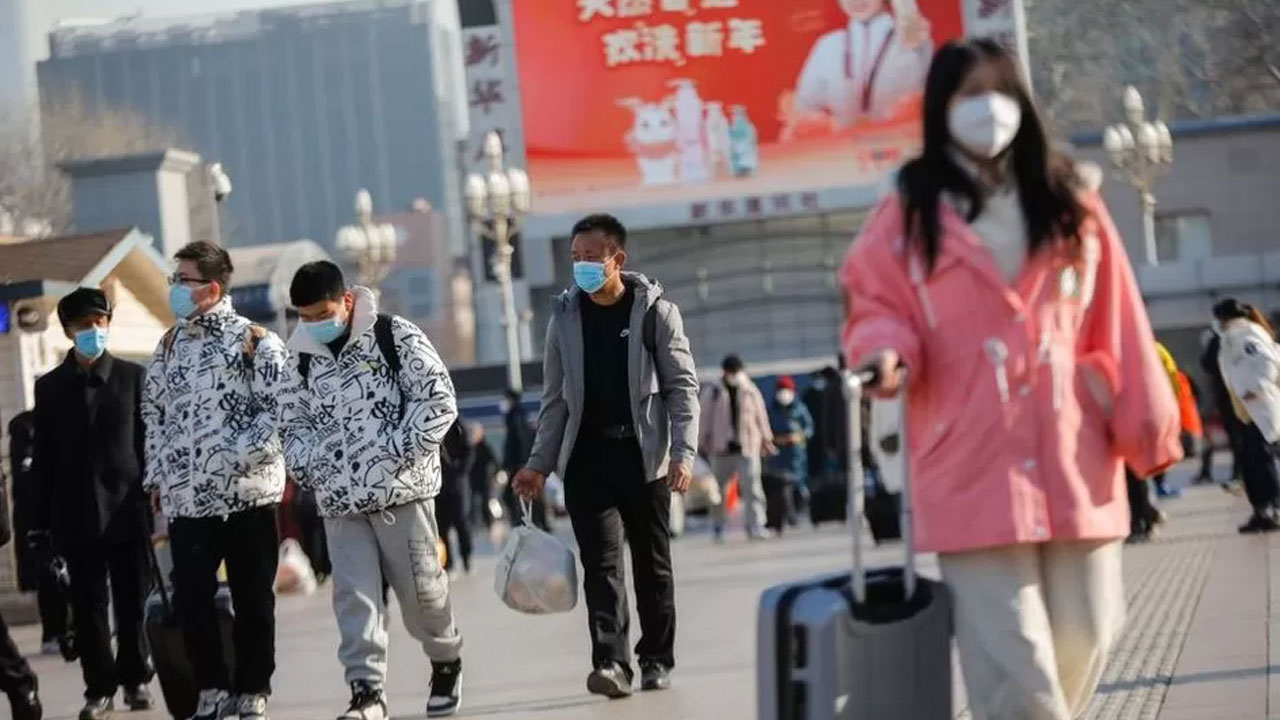
[Source: BBC News]
When you arrive in China now the officials in head-to-toe protective clothing are gone. There are no buses with special plastic dividers waiting to take you to centralised quarantine. The main reminder that COVID is still around is that people are wearing masks.
It feels weird.
You still need a PCR test before flying and arriving passengers fill in a health declaration form, accessible via phone apps. This then generates a temporary QR code. You scan the code when you come through the airport and then, after clearing immigration, simply walk out and into China.
As a journalist, I had to wait for an hour for special clearance to enter. During that time I and another waiting reporter had a long chat with one of the immigration police.
It was the first day they didn’t have to wear the “da bai” (big white) protective gear over their uniforms or face shields or shoe covers. Was it a relief?
“Yeah, it actually wasn’t that bad,” he said.
Chinese New Year is fast approaching but this officer said he would not be heading back to his hometown to ring in the Year of the Rabbit. There would be too much work for the immigration police over the coming weeks making sure that the new travel systems were in place and operating, he said.
Getting rid of most zero-COVID travel restrictions before the Spring Festival has meant that many who have not been able to visit friends and relatives in China are rushing to buy plane and train tickets in time.
Then there are the Chinese citizens who haven’t been able to go overseas for years – they too are making plans again. Most observers expect international tourists will soon be allowed back in.
The speed of the change in China’s COVID approach has been breathtaking.
What seems to have triggered this dramatic about-face were the protests against China’s zero-COVID policy late last year.
Discontent had been building for a long time, but once demonstrators started chanting publicly that leader Xi Jinping should resign and the Communist Party give up power, that was more than even this country’s all-powerful government could bear.
The end of mass testing, city-wide lockdowns and centralised quarantine sent COVID flying through the Chinese population.
Big city hospitals were soon being swamped. Social media is full of images of hospital corridors packed with elderly patients on oxygen support.
The real death toll is unknown. China’s health officials announced that they would not be counting deaths from other causes among the COVID statistics, even if coronavirus indirectly caused a patient to die by triggering other health problems.
As a result, the official death toll is being ridiculed by Chinese people.
One woman told the BBC about the death of her mother-in-law. Her story paints a picture of a funeral system under huge strain, suggesting the COVID death toll is considerable.
First, it was impossible to get an ambulance to rush her mother-in-law to the hospital, she said. Then after she died her body was at one point stored on the floor in a room full of corpses.
She said she had been told that Beijing had temporarily transformed a cold storage site so that it could accommodate bodies.
It took more than a week for her family to get a slot at the crematorium for a funeral service and when we spoke to her they were still waiting for the cemetery to give them a location to place the urn containing her mother-in-law’s remains.
It is hard to convey the paradoxical mood in China right now.
There are those who have lost loved ones or have had a bad dose of COVID – but there is also considerable joy because the country is re-opening. Government officials say many provinces and cities have passed the peak of infections.
The new year mass migration has already started. You see people wheeling their luggage in the direction of the train stations, carrying gifts for their families. Tens of millions of people have already travelled with an estimated two billion trips expected.
In Beijing’s Jianguomen district, a 53-year-old woman working in a little shop selling nuts told us she had not been home for the new year since the Covid crisis began.
“I can’t wait to go home. I’ve been working hard all year,” she said. “I want to see my parents who are getting old. My kids are there too. They’re all looking forward to my return. We can have a family reunion and ring in the new year together!”
She says she feels guilty for being away from home for so long. Her 84-year-old father and 77-year-old mother have both caught the virus and recovered, as has she. So she said they could get on with normal life now.
A few doors down is a noodle restaurant and a couple in their 50s who work there are on their break. Their boss still hasn’t told them whether they can have time off to travel back to their hometown in the eastern Anhui province.
They hadn’t been home in three years either. “We’ve lost a lot of money during the COVID crisis yet rent remains the same. So we just keep working.”
Don’t they want to go home this year?
“Of course, we’d love to but we don’t have the money,” they say together. The woman explains that their restaurant being forced to close for dine-in services for months on end hit them hard financially.
Have their parents, aged in their 80s and 90s, caught COVID?
“They must have got it,” the man says. “There were no test kits in our hometown but they felt unwell, got a fever and coughed a lot. Took some medicine and recovered.”
Outside the restaurant, a mother with her six-year-old son tells us they won’t be leaving Beijing any time soon. Though they’ve had COVID they say they’re worried about catching it again in a second wave of infections.
Further along the road, there is a man with his son who has a completely different attitude.
They’re in Beijing on holiday. Neither of them has caught COVID yet but they say they’re not worried. The father says his grandparents have already recovered from the virus back in their hometown in Zhengzhou, in central Henan province, and that they will be heading there soon for the Spring Festival.
Images of rabbits are going up everywhere. They look cute and happy and seem to embody the optimism which is now spreading.
It has been a tough few years in China but you’ll hear people saying that during the Year of the Rabbit, things are going to be so much better.







